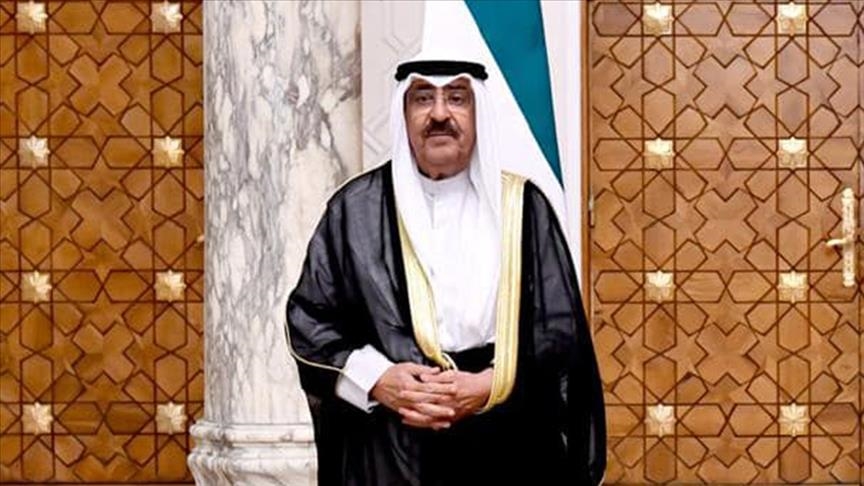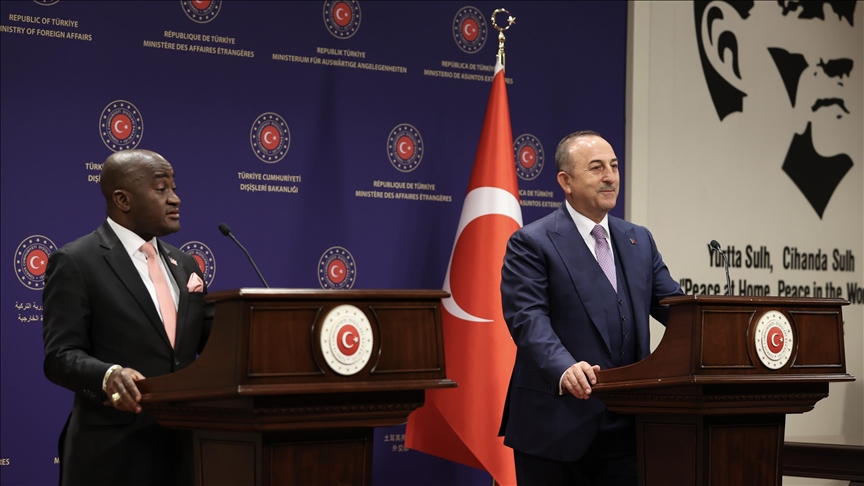Head Of U.S. WMD Search Team In Iraq Quits
David Kay, who leads the so-called Iraq Survey Group (ISG), told Reuters Friday, January23 , that he came to realize that there were no such weapons in Iraq.
"I don’t think they existed," he said over the phone.
"What everyone was talking about is stockpiles produced after the end of the last [1991] Gulf War and I don’t think there was a large-scale production program in the nineties," stressed the American expert.
"I think the best evidence is that they [the former Iraqi regime] did not resume large-scale production and that’s what we’re really talking about," he added.
Kay was appointed last June by the Central Intelligence Agency (CIA) to head the post-war search for alleged chemical, nuclear or biological weapons in Iraq.
He returned from Iraq in December and told the CIA that he would not be going back.
The U.S. weapons group has so far failed to find any weapons of mass destruction in Iraq.
The failure has become a major embarrassment for the Bush White House, which made Iraq’s WMD the central rationale for its case for invading Iraq.
Last October, Kay made his conclusions to a closed-door session grouping the Senate and House of Representatives intelligence committees.
CIA Director George Tenet named the former deputy director of the U.N. Special Commission (UNSCOM), Charles Duelfer, to lead the desperate search for the alleged weapons.
Dulfer himself said recently he did not believe the alleged weapons would be ever be found in Iraq.
"The prospect of finding chemical weapons, biological weapons [in Iraq] is close to nil at this point," he told the U.S. television PBS earlier this month.
Boosting Democrats
Kay’s statements are certain to boost the position of Democratic presidential hopefuls, who held on their customary fire against each other in their latest TV debate and took aim instead at Republican incumbent George W. Bush.
Leading Democrats in the Senate have also used Kay’s remarks to substantiate their calls that days had proved the U.S. intelligence wrong and the Bush administration had exaggerated the Iraqi threat, the BBC News Online said.
"It increasingly appears that our intelligence was wrong about Iraq’s weapons, and the administration compounded that mistake by exaggerating the nuclear threat and Iraq’s ties to Al-Qaeda," said Senator John Rockefeller, the senior Democrat on the Senate Intelligence Committee.
"As a result, the United States is paying a very heavy price."
Jane Harman, of the House of Representatives intelligence committee, said Kay’s comments pointed to a massive intelligence failure and could not be ignored.
In his annual State of the Union address, Bush again insisted that former Iraqi president Saddam Hussein had actively pursued weapons programs.
In London, British Prime Minister Tony Blair’s office issued a statement shrugging off Kay’s comments.
"There is still more work to be done and we await the findings of that. But our position is unchanged," read the statement, a copy of which was obtained by Reuters.
The death of British government weapons expert David Kelly triggered the worst crisis of Blair’s six years in power.
Kelly told a BBC journalist that Blair’s dossier on Iraq, used by the British intelligence as a central element for Iraq invasion, was "sexed up".
The so-called "dodgy dossier" claimed that Iraq could deploy weapons of mass destruction within 45 minutes of an order to do.


